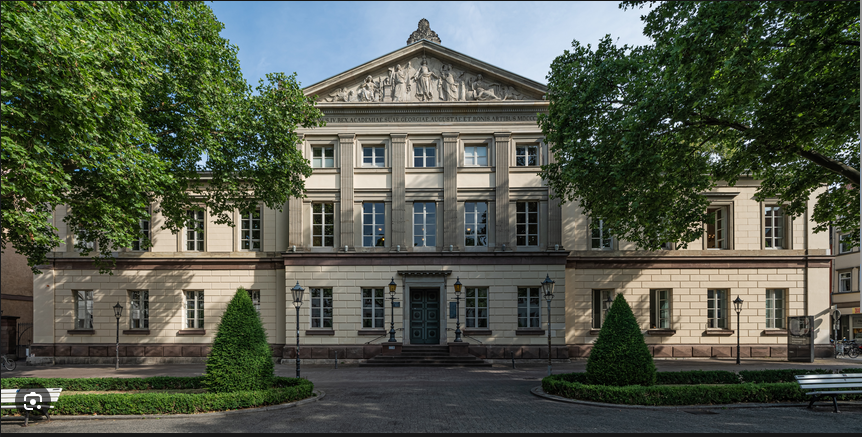Speaker
Description
With 80 percent of the global population residing in urban areas, cities can profoundly influence food systems, shaping consumption patterns and generating waste, whilst contributing to pollution and resource degradation. However, cities also represent powerhouses of enthusiasm, experimentation and engagement – places where increasing numbers of people are participating in food activities for diverse benefits, including nutritional, social and environmental motivations, as well as a connection to nature and for personal wellbeing. However, divisions in practice and perception persist between food and agriculture and the city and country that can obscure the full potential of food system transformation. In this presentation I will talk about how people in cities are coming together in new ways and spaces to develop alternative food practices and transition pathways for achieving more just and sustainable food systems. From my background in anthropology, I will draw on grounded research from countries such as Australia, Venezuela, Spain and Norway, complemented by my work in international projects that advocate for urban food system interventions, including SHARECITY, EdiCitNet, FoodCLIC and FixOurFood. Together, these examples provide an insight to the values, spaces, possibilities and politics for transitioning towards food system transformation.
